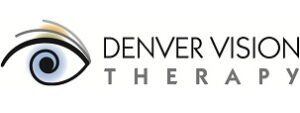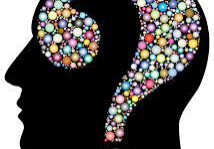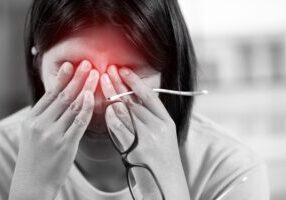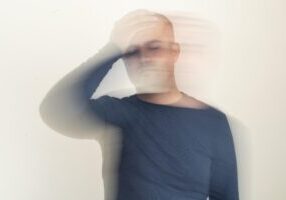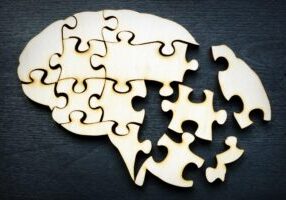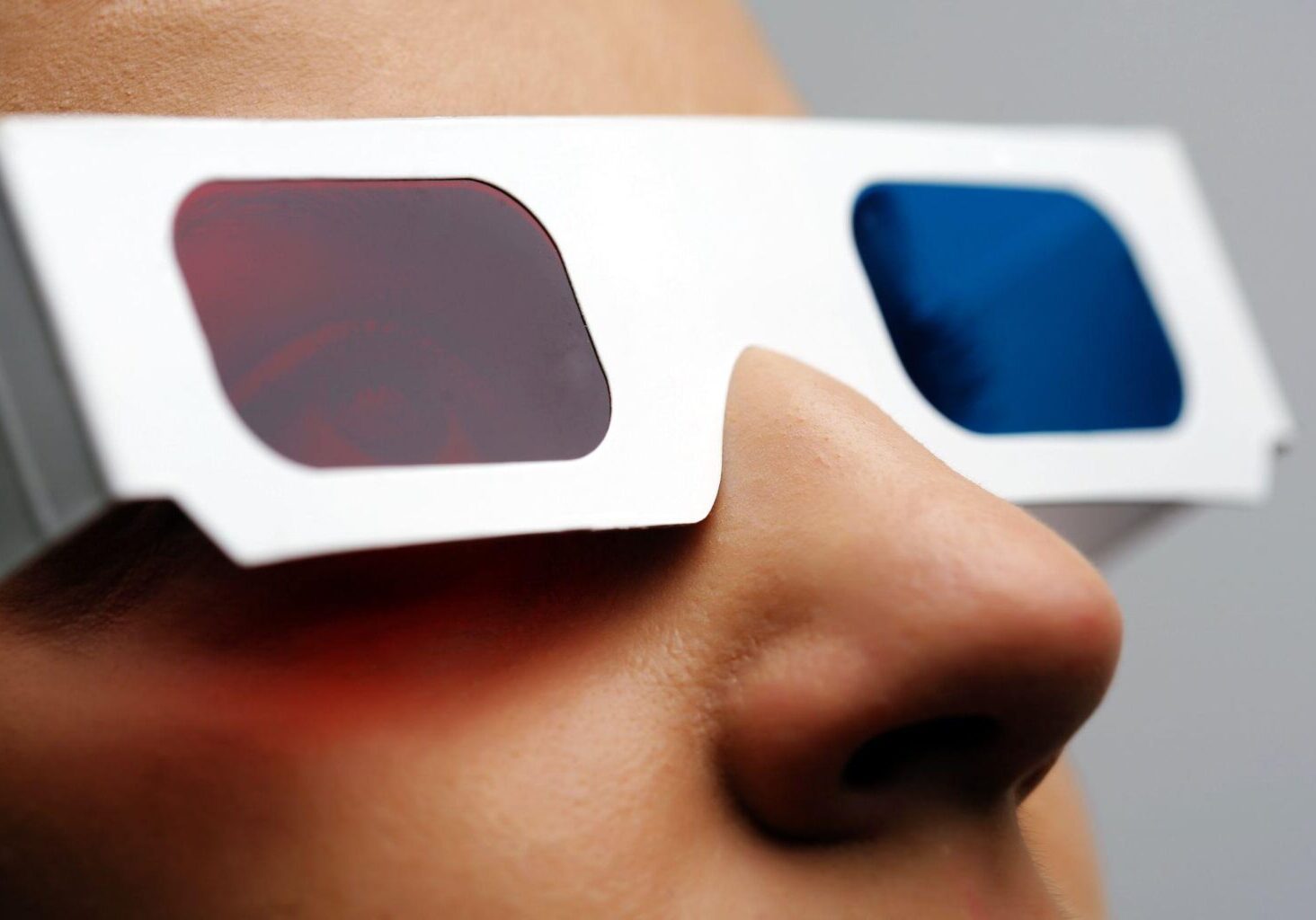Guidelines for Concussion Recovery
If you suspect that you have had a concussion, the first step is to be evaluated by a qualified health care professional. Concussions can only be diagnosed by medical physicians. The following information is only provided as guidance, and not to be taken in place of medical advice from a physician.
Common symptoms after a concussion include confusion, double vision, blurry vision, dizziness, mood changes, brain fog, fatigue, headache, and sensitivity to motion.
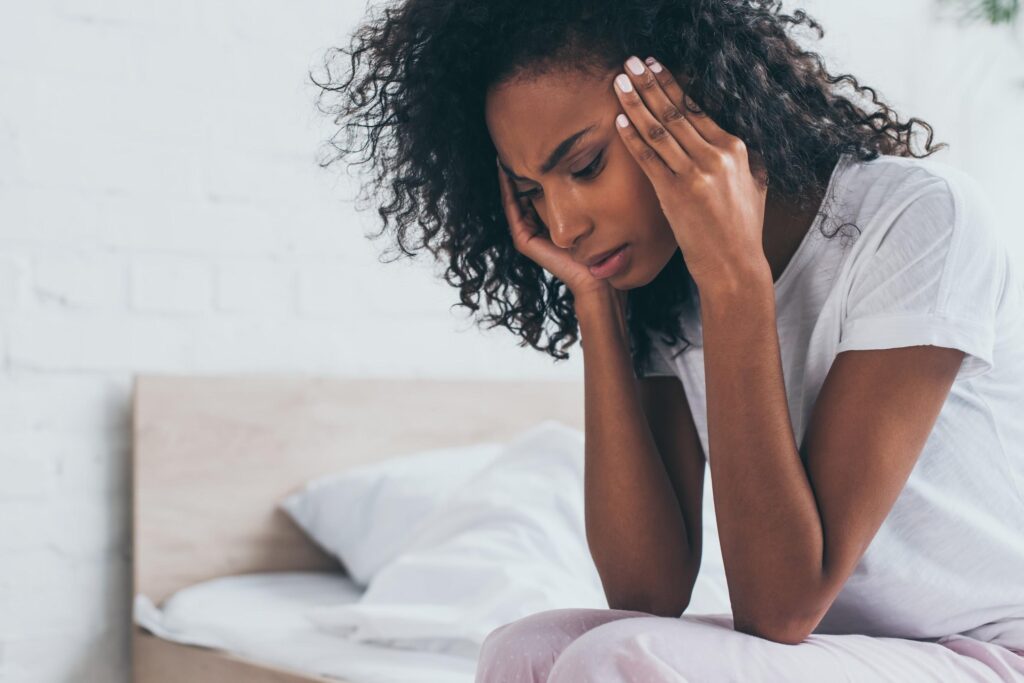
Immediately following a concussion, symptoms should be managed with an aim to limit exposure to activities that trigger symptoms. The full extent of the injury may not be experienced for up to a week, which is why it is important to take it slow the first week and rest. After that, you should gradually increase your level of activity about a small amount per day, or as much as your symptoms allow. If an activity triggers symptoms, then you should reduce your activity level.
Learn more about Concussion Recovery Guidelines for Work, School, and Sports. »
If your symptoms last longer than 2 weeks, you may be experiencing post-concussion syndrome, which occurs when concussion symptoms persist. If symptoms worsen or if you have other complicating factors (previous concussions, mood disorders, neuro-developmental disorders or migraines), you may want to seek the care of a medical professional.
General Health Guidelines for Concussion Recovery
Rest and Limiting Activity: Concussions damage the brain which will require extra energy to repair the cellular damage. After a concussion, the brain is like a cell phone battery that has been drained down to a very low battery level. It may take days or weeks for the brain to ‘recharge’. If the energy demands are so great that the brain cannot recharge, it can remain in a fatigued state for prolonged periods of time.
It will be necessary to limit your activity following a concussion and to avoid activities which trigger symptoms, for example going to the grocery store, using a computer or large gatherings of people. Do only what you can ‘afford’, and plan your day accordingly. Doing too much creates an energy deficit that can take days or weeks to recover from.
Supplements that support brain health
- DHA (Omega-3) - If you only take one supplement, take this one!
- Zinc
- Magnesium
Vitamin D - Vitamin C (antioxidant and neuroprotective)
- CBD Oil (limits cell damage)
- Curcumin (turmeric) with black pepper (anti-inflammatory, antioxidant)
Always consult your primary care practitioner for guidance on supplements, especially if you are already taking supplements or medications.
Light exercise (walking, etc) increases blood flow to the brain which improves healing and may lessen concussion symptoms. Exercise after a concussion should be at a level where symptoms are not made worse while exercising or the following day. It is VERY important that you do not participate in any activity that puts you at risk for another concussion.
How to Reduce Vision Symptoms after Concussion
- Wear a hat with a brim when going outside or in places with fluorescent or bright overhead lights.
- Use a weighted lap pad or blanket for dizziness and to help feel “grounded”.
- Take ginger for nausea - crystallized ginger or ginger capsules taken as a supplement.
- Use earplugs or noise canceling headphones for loud environments.
- Breathing exercises or meditation may be helpful to reduce the ‘fight or flight’ response
Neuro-optometric evaluation can reveal what types of vision problems are present, and our Doctors will work to find a solution to help resolve the issues and reduce symptoms. Neuro-optometric rehabilitation therapy often helps to address the underlying issue, improving overall brain and visual function. Even the right pair of glasses with special prism, tint, or other interventions can dramatically help to improve symptoms.
